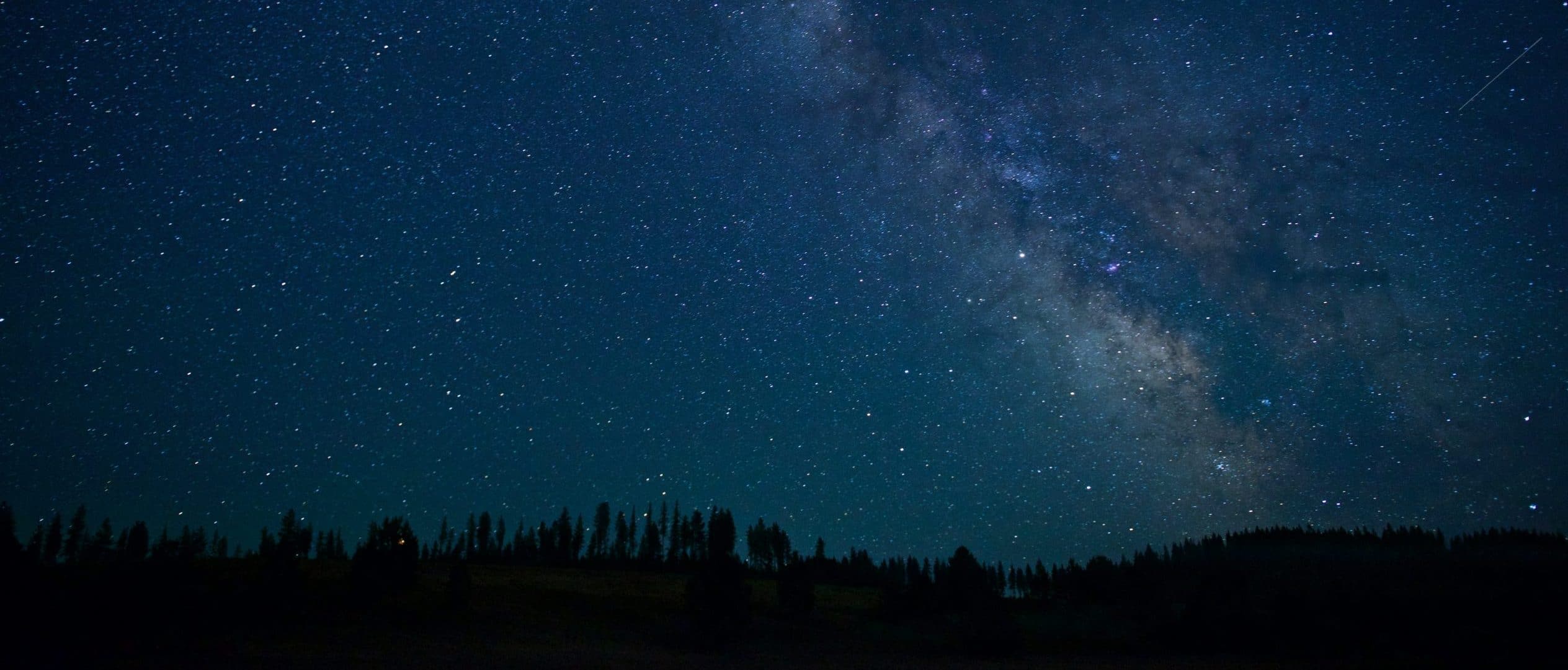The Multi Unit Spectroscopic Explorer (MUSE) instrument on the European Organisation for Astronomical Research in the Southern Hemisphere’s (ESO) Very Large Telescope has shown astronomers the galaxies in the early universe swaddled in glowing blankets of hydrogen. This is the fundamental element of the universe’s birth and the gas is found throughout.
According to an article in Phys.org:
“An unexpected abundance of Lyman-alpha emission in the Hubble Ultra Deep Field (HUDF) region was discovered by an international team of astronomers using the MUSE instrument on ESO’s Very Large Telescope (VLT). The discovered emission covers nearly the entire field of view—leading the team to extrapolate that almost all of the sky is invisibly glowing with Lyman-alpha emission from the early Universe.”
Lyman-alpha is the emission from neutral hydrogen, as the electron falls from n=2 to n=1.
MUSE is an integral field spectrograph that has been mounted on the aptly named Very Large Telescope. The distribution of wavelengths in light across its detector shows us the full spectrum of light. This is helpful in studying the universal astrophysical processes.
“With these MUSE observations, we get a completely new view on the diffuse gas ‘cocoons’ that surround galaxies in the early Universe,” explains team member Philipp Richter. Researcher Kasper Borello Schmidt, says, “Realising that the whole sky glows in optical when observing the Lyman-alpha emission from distant clouds of hydrogen was a literally eye-opening surprise.” Team member, Themiya Nanayakkara, exclaimsms, “This is a great discovery! Next time you look at the moonless night sky and see the stars, imagine the unseen glow of hydrogen: the first building block of the universe, illuminating the whole night sky.”
Their hope is to be able to piece together the mystery of how galaxies are formed and evolved. Schmitt says, with confirmations from MUSE, they are able to obtain “general information about the intergalactic medium throughout the history of the Universe.” From an anthropocentric view, any step closer to figuring out the world’s beginnings is a step toward understanding ourselves.
Reality Changing Observations:
1. Why is it important to explore the Universe’s beginnings?
2. What is in our makeup that causes so many people to be interested in these cosmological discoveries?
3. At what point would discoveries like this turn from one of curiosity to utility?





